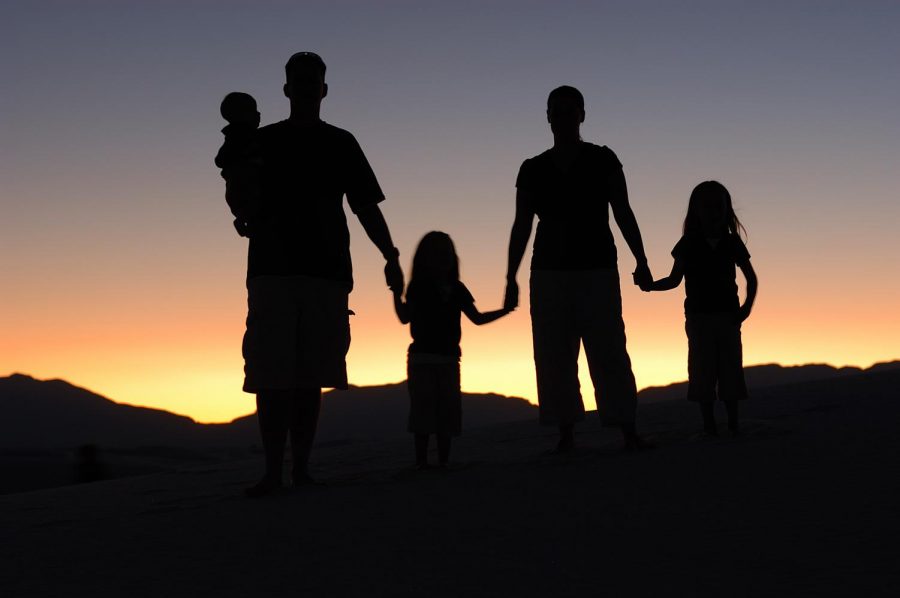A rough landing for helicopter parents
Helicopter parenting leaves no room for children to improve on errors, let alone make their own decisions.
January 22, 2020
From diapers to adulthood, helicopter parents are there for it all. Not missing a single breath or step, they monitor everything their child does. Although these parents think they are protecting their kids, in reality, they are setting them up for failure.
The nationwide controversy, whether overprotective or free-range parenting is better for children, is still in contention today. With many studies leaning toward free-range parenting, the big debate may be coming to a close. According to a study held in 2010 by a researcher in New York, overprotective parents will have a lasting impact on their child’s personality by prolonging childhood and adolescence. As children grow into adulthood, the need for their parents will continue to be a part of their daily lives. With a constant need for approval and praise, these children will not learn how to accept setbacks.
Parents that continue to protect their children from reality prevent their kids from experiencing challenges that occur in adulthood, such as failure, deception and lack of motives. A study from the National University of Singapore states that “children with intrusive parents who had high expectations for academic performance, or who overreacted when they made a mistake, tend to be more self-critical, anxious or depressed.”
Despite the fact that many unfortunate complications may occur from overprotective parenting, extra reinforcement from parents can also enhance a child’s atmosphere. Encouraging support from parents helps young children understand that they are cared for and loved. However, constant hovering and assisting make it harder for children to learn the necessity of consequences. Whether the child deserves punishment or praise, excessive hovering can prevent children from learning how to deal with those situations.
LHS gym teacher and mother of four, Kaaren Huber, believes that letting children make mistakes is how they grow and learn for the future.
“They’re always going to look for someone to give them that free pass, versus allowing them to fail and learn from their mistakes,” said Huber.
Victims of helicopter parents have difficulty in adulthood due to over-exaggeration when they make mistakes and overpraise when they achieve simple accomplishments. In adulthood, accomplishments are not applauded in a work environment. Instead, they are expected. Free-range parenting allows children to develop skills that will enable them to cope with life’s challenges and figure things out for themselves.









